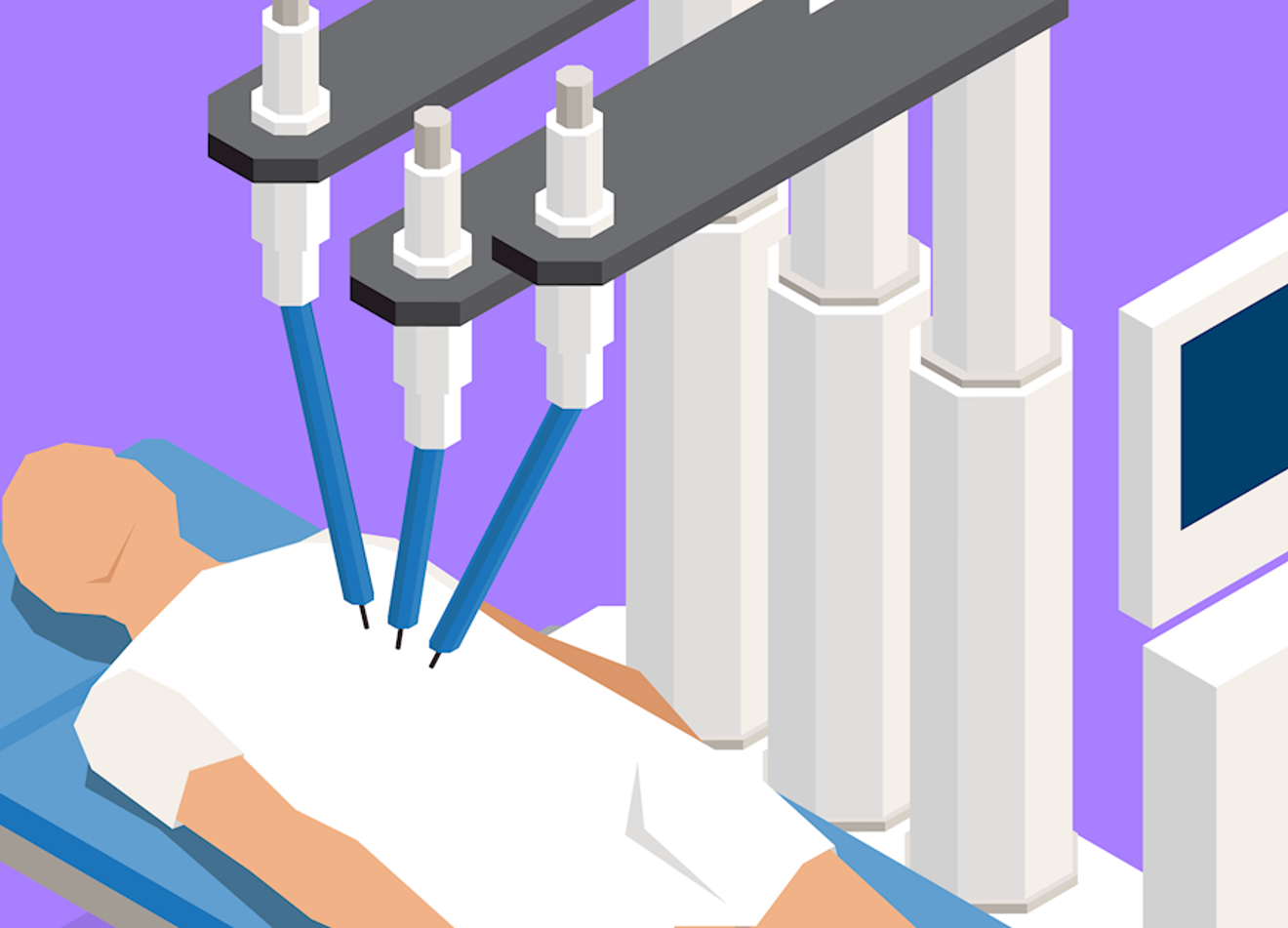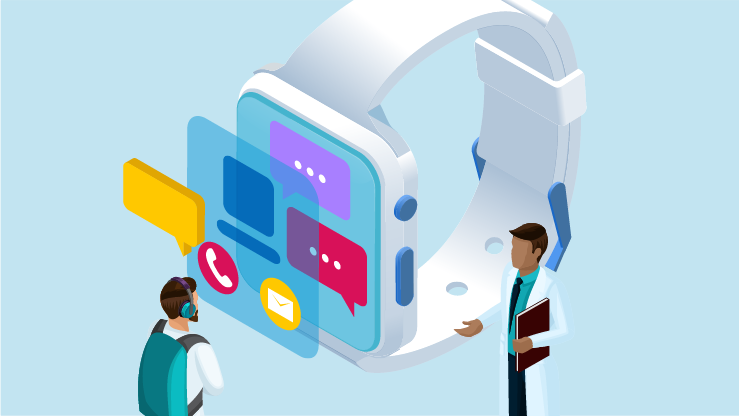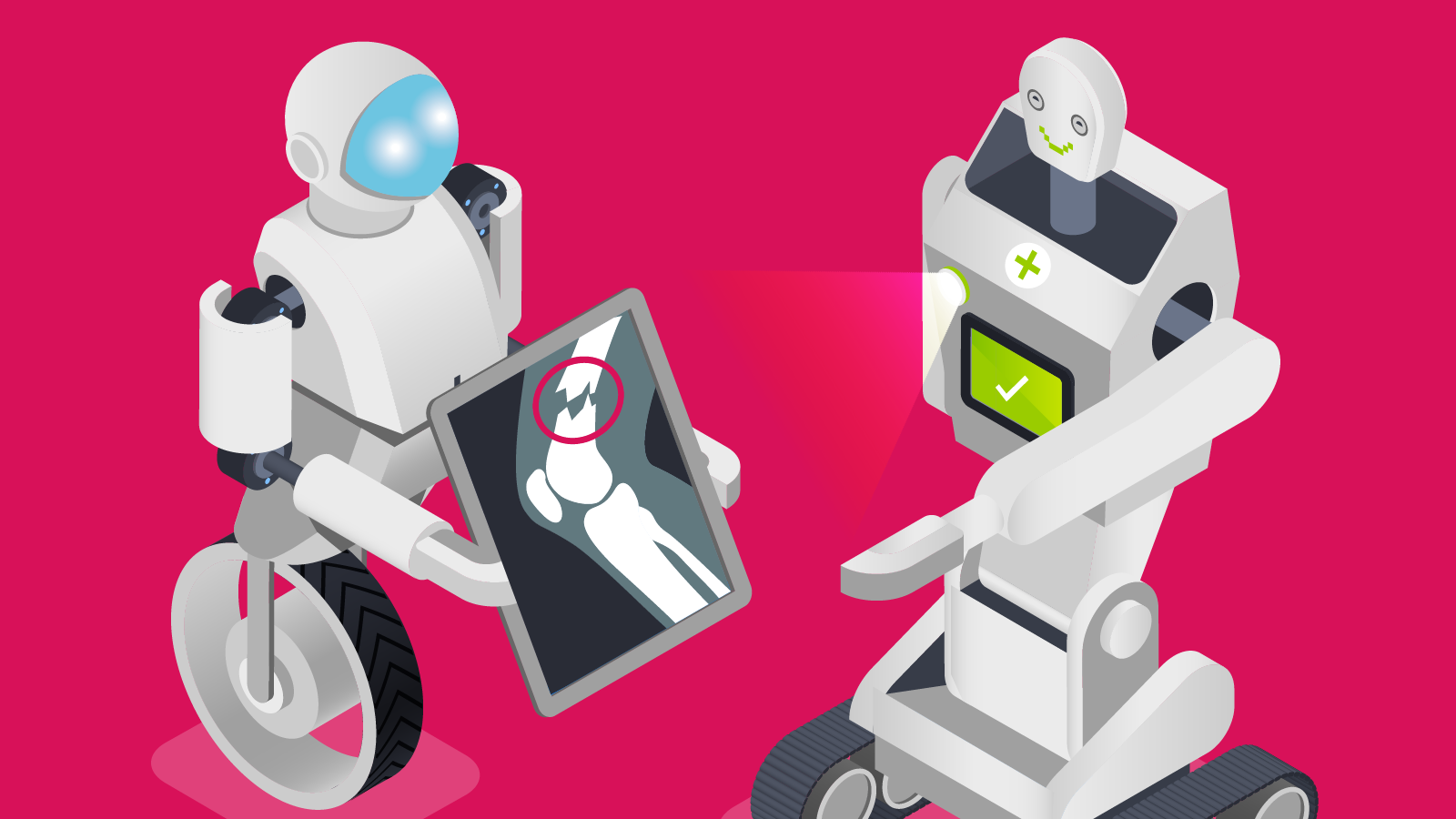Cutting edge advances in surgery
In 2006, surgeons Owase Jeelani and David Dunaway led the team that undertook the first surgery to separate craniopagus (joined at the head) twins, at Great Ormond Street Hospital in the UK.
The procedure was hugely complicated and only became feasible due to advances in digital healthcare technology such as imaging, virtual reality and 3D printing. The developments all played a part in allowing the team to plan, prepare and complete simulated rehearsals to a level that had previously been impossible.
In the following years numerous other craniopagus twins have been separated successfully, demonstrating that once new ground is broken, we can repeat even the most complex procedures and create better outcomes for patients in the most challenging circumstances.
At The Royal Marsden Hospital (UK), doctors are carrying out robotically assisted surgeries for patients with various types of tumour and achieving exceptional results. Survival rates after two years for these operations sit at 72%, significantly higher than the 52% recorded for patients who have undergone traditional forms of surgery.
The Da Vinci Surgical System, a robotic surgical system that uses a minimally invasive surgical approach, has already demonstrated its ability to improve outcomes in procedures such as prostate removal. The NHS has said they will be relying on this type of specialist equipment to bring down waiting lists and ensure the best results for patients.
While such procedures and equipment are highly specialised, digital healthcare has also become increasingly mainstream. For example, remote patient monitoring techniques are now routine, while video consultations are an accepted part of normal service delivery.
AI – changing the nature of liability
In addition to the way digital advances are improving healthcare capabilities, they are also raising some profound questions around medical responsibility. This is particularly true for healthcare advances using artificial intelligence.
In the past, it was relatively straightforward to allocate responsibility if something went wrong. If a healthcare professional made a mistake or a piece of equipment failed, it was easier to identify the root cause of the problem.
But the use of AI makes it more difficult to do this. If AI is involved, does the liability sit with the technology or the healthcare professional. Does an error fall into the realms of product or professional liability?
As AI becomes more sophisticated and is part of an increasing number of processes and procedures, clearly attributing medical responsibilities is becoming more difficult.
Digital risk – here and now
There is no doubt that advances in digital healthcare are going to generate many future questions about both the nature of risks in the sector and the liability attached to them. But it is essential to realise that every healthcare business already has a digital exposure that is only going to grow in the coming years.
CFC has been a longstanding insurer for healthcare providers, and in recent years that has naturally evolved into supporting digital healthcare providers. Increasingly, the distinction between these two sector will fall away as practitioners realise that every healthcare business is now a digital healthcare business to some extent.
As a specialist insurer CFC Underwriting works with thousands of forward-thinking and innovative organisations in the healthcare sector. Click here for more information about digital healthcare and our eHealth policy.



